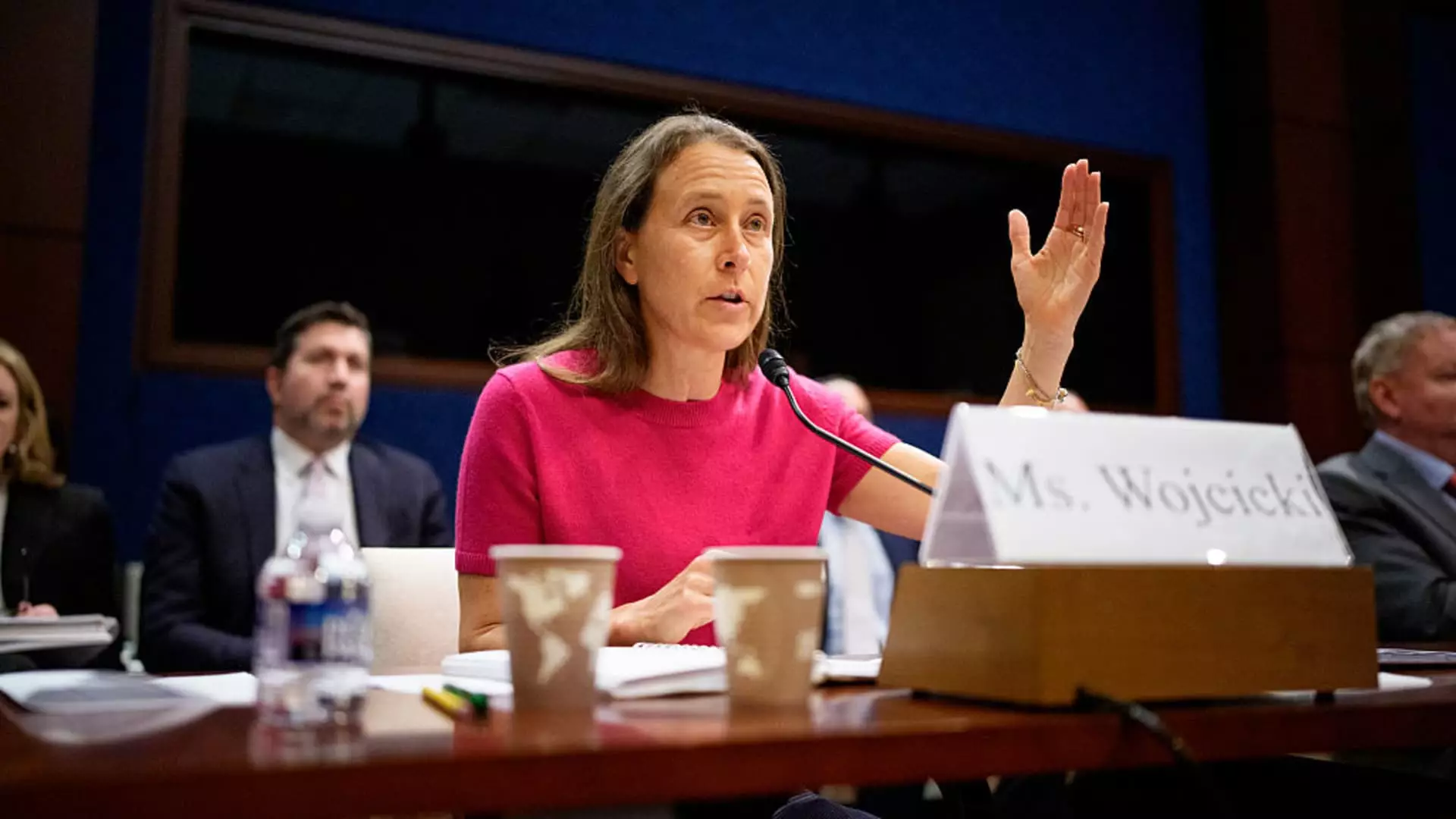In a dramatic reshaping of the genetic testing landscape, Anne Wojcicki has reclaimed the reins of 23andMe, placing her in an advantageous position after a tumultuous period. This audacious bid through her nonprofit, TTAM Research Institute, marked a critical juncture, as the company staved off a sale to Regeneron Pharmaceuticals by outbidding them with a substantial offer of $305 million. It’s a striking turn of events that not only reflects Wojcicki’s relentless vision but also raises questions about the future of biotech companies in distress.
Wojcicki’s rise, particularly post the Chapter 11 bankruptcy filing, underscores the tenacity of entrepreneurial spirit in the face of overwhelming odds. The previous valuation of the company soared as high as $6 billion, but the reality of dwindling revenue streams and reputational damage paints a more grim picture. As 23andMe struggled to transform itself into a robust research powerhouse capable of sustainable growth, the once-celebrated brand faced a crisis of confidence among investors and consumers alike.
The Intrigues of the Acquisition
The convoluted dance around 23andMe’s assets reveals the depths of competition in the biopharmaceutical sphere. Regeneron’s previous bid highlighted a stark reality – the market largely sees genetics as a means to lucrative healthcare pathways. However, what remains underappreciated is the foundational role of companies like 23andMe in democratizing access to genetic information. Wojcicki’s endeavor with TTAM not only aims to preserve this legacy but emphasizes the importance of maintaining an ethical approach in genetic testing.
Wojcicki’s assertion that TTAM will continue the mission of 23andMe is crucial. The company became a household name by offering at-home DNA tests that provided insights into ancestry and health. Such innovations are pivotal not just for individuals seeking personal insights, but they additionally inform public health strategies and scientific research. The recent hack, which compromised the data of millions, poses critical ethical concerns, but Wojcicki’s leadership may mend the trust frayed by these incidents.
The Bigger Picture: Genetic Testing in Crisis
The turmoil surrounding 23andMe serves as a cautionary tale about the pitfalls of rapid expansion without sufficient safeguards in drawing revenue streams. With shifting consumer preferences and growing concerns over data privacy, companies operating in this nexus must tread carefully. Wojcicki’s passion for genetic literacy is laudable, yet it must integrate robust protective measures for consumer data to rebuild credibility.
The future is uncertain for genetic testing companies facing similar challenges, and Wojcicki’s gambit could set a precedent. Will this transition pave the way for other embattled biotech firms to adopt a more mission-driven approach? Or will the thirst for profits continue to overshadow ethical considerations? The success of TTAM and its objectives will ultimately reflect whether a balance between advancement and accountability can indeed be struck.
Anne Wojcicki’s renewed control over 23andMe tantalizingly hints at a turning point for genetic innovation. But the road to redemption is fraught with challenges that must be addressed with vigilance and integrity.

